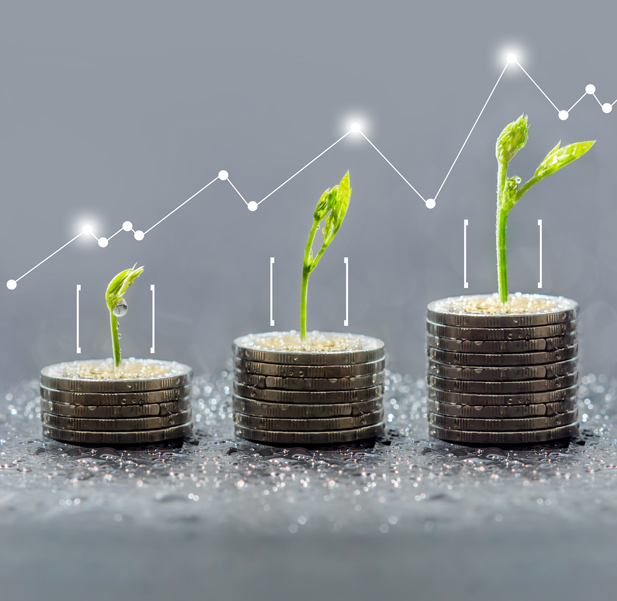From renewable energy to work environments fostering diversity, to business decisions based on a far-sighted strategy as opposed to short-term tactics: the growing importance of ESG – environmental, social and governance – factors is also proven by the numbers. Investments aligned with these values have now reached 30 trillion dollars worldwide, an increase of 68% compared to 2014 and ten times higher than the 2004 total (*).
Such numbers clearly show how sustainability is, unquestionably, an investment in the future, bringing not only environmental and social advantages to the community, but also financial advantages to companies. This is not a mere zero-sum game, in which a participant's loss is another participant's gain, but a strategy generating benefits all round.
A 2018 study, undertaken by the Bank of America Merrill Lynch, found that shares of companies best performing in terms of ESG yield higher returns, are more likely to be perceived as of high quality, and are least at risk of value loss. This should not come as a surprise, considering that achievable goals include reducing expenditure, increasing employees' satisfaction and productivity, optimising costs and accessing new business opportunities.


